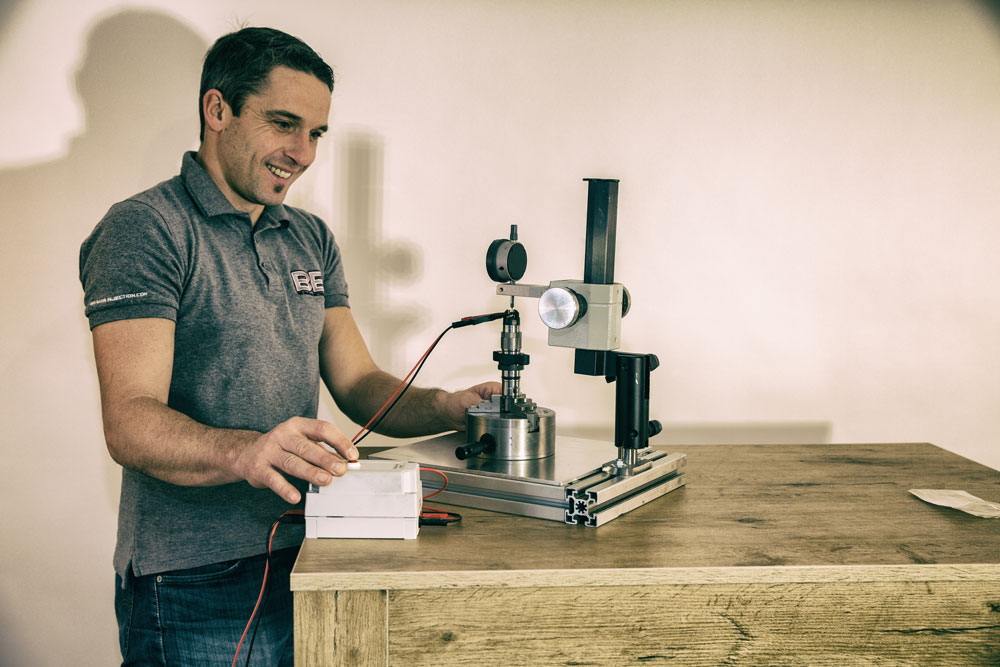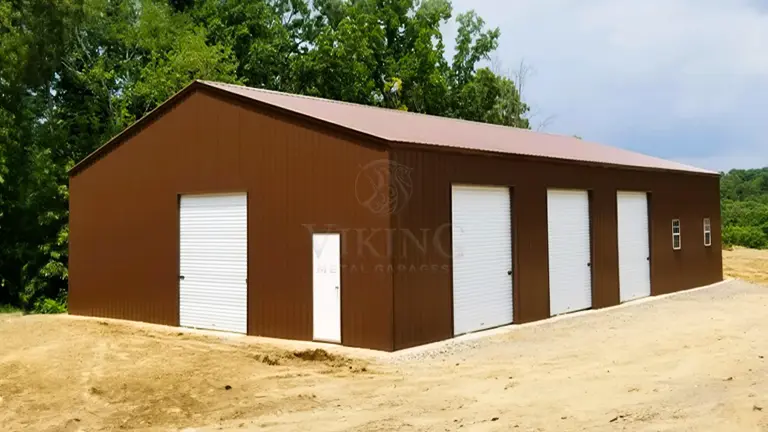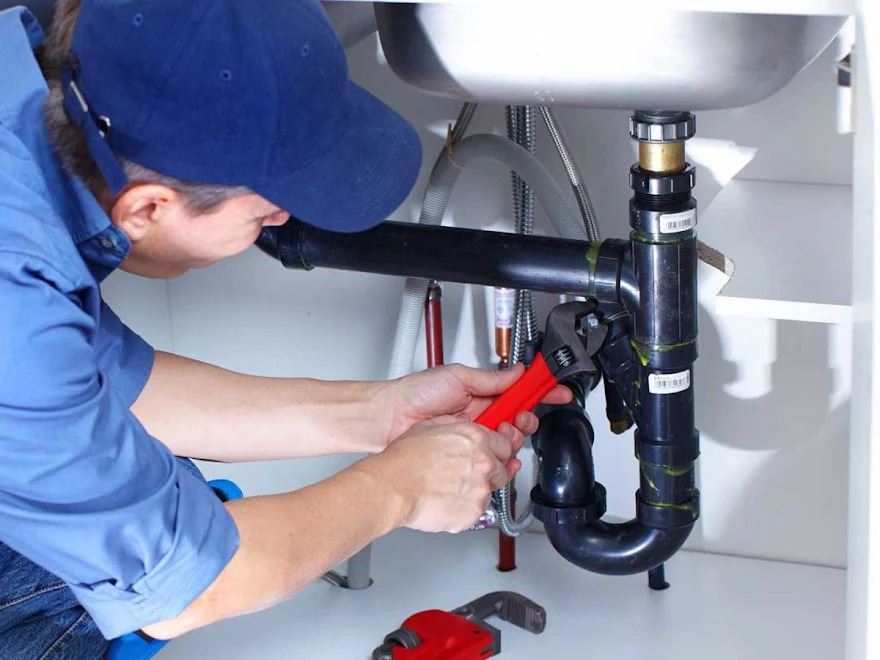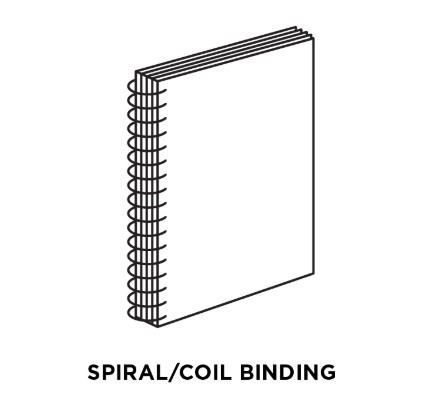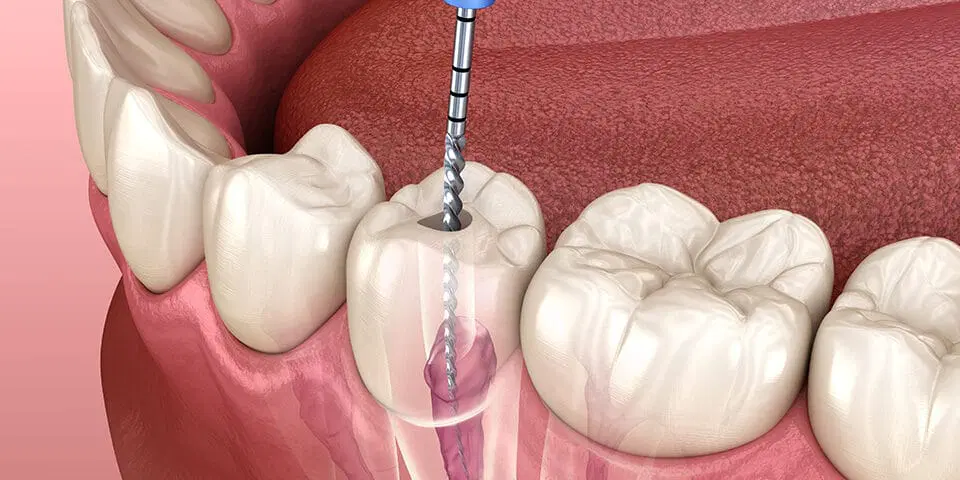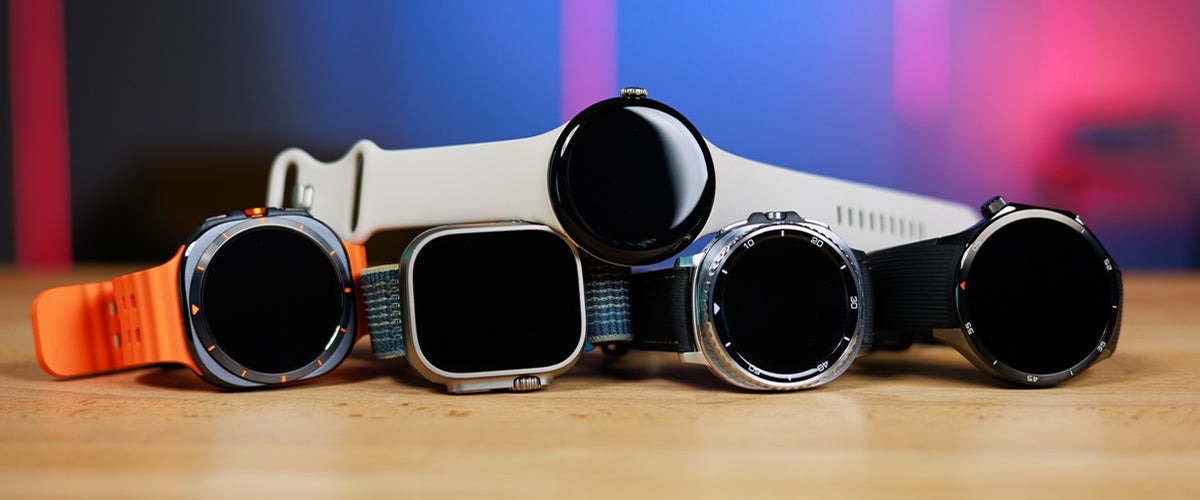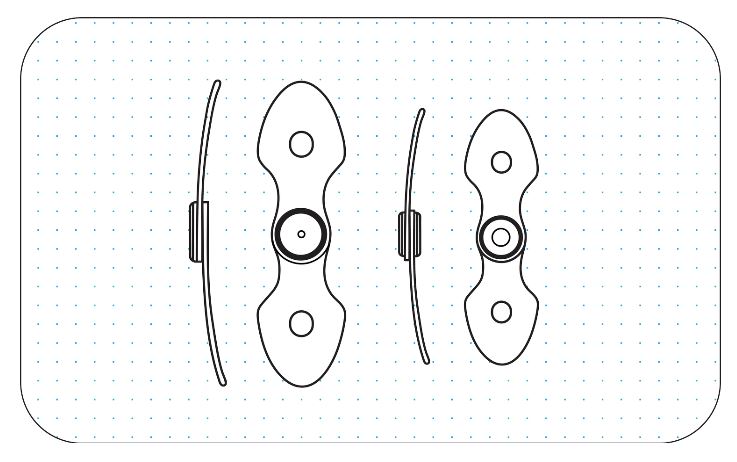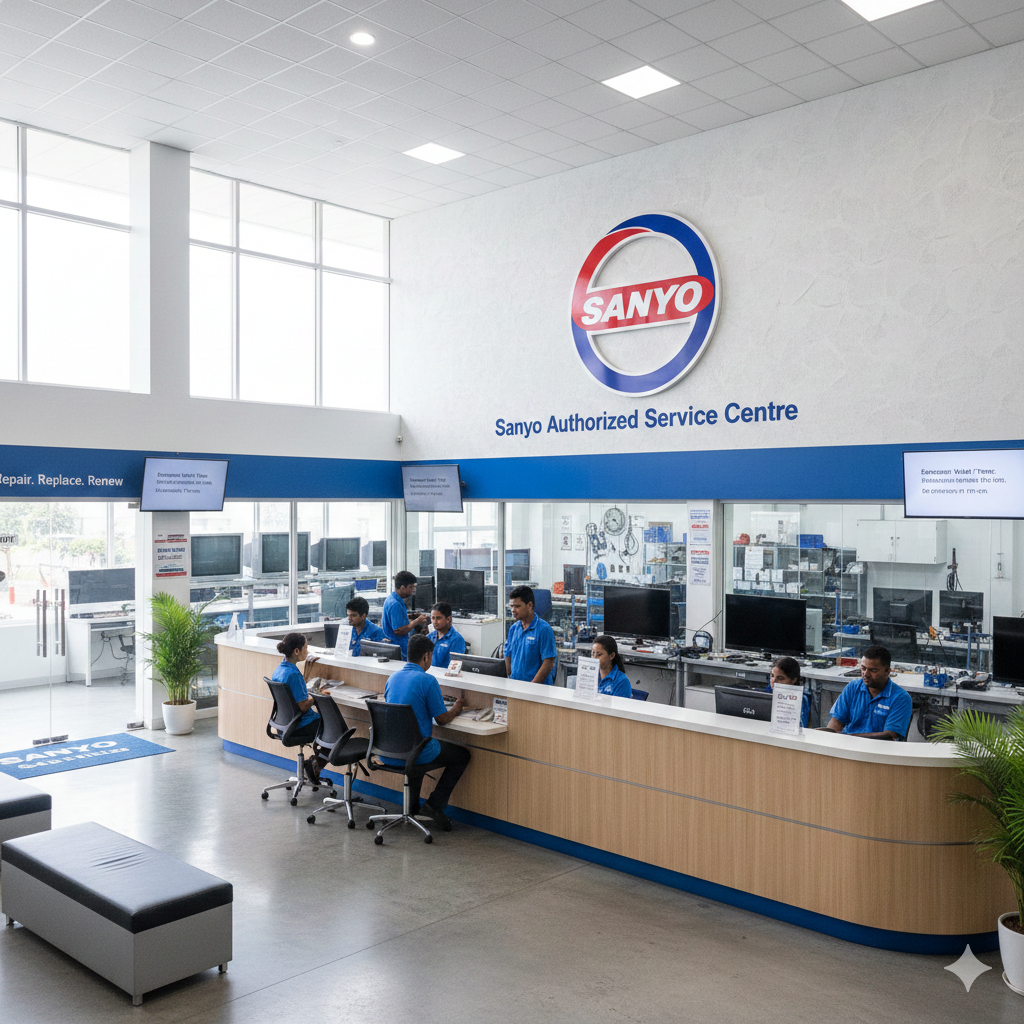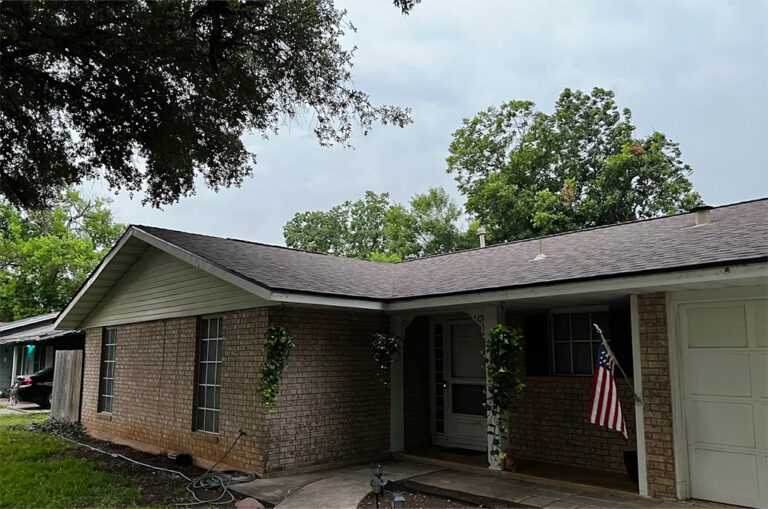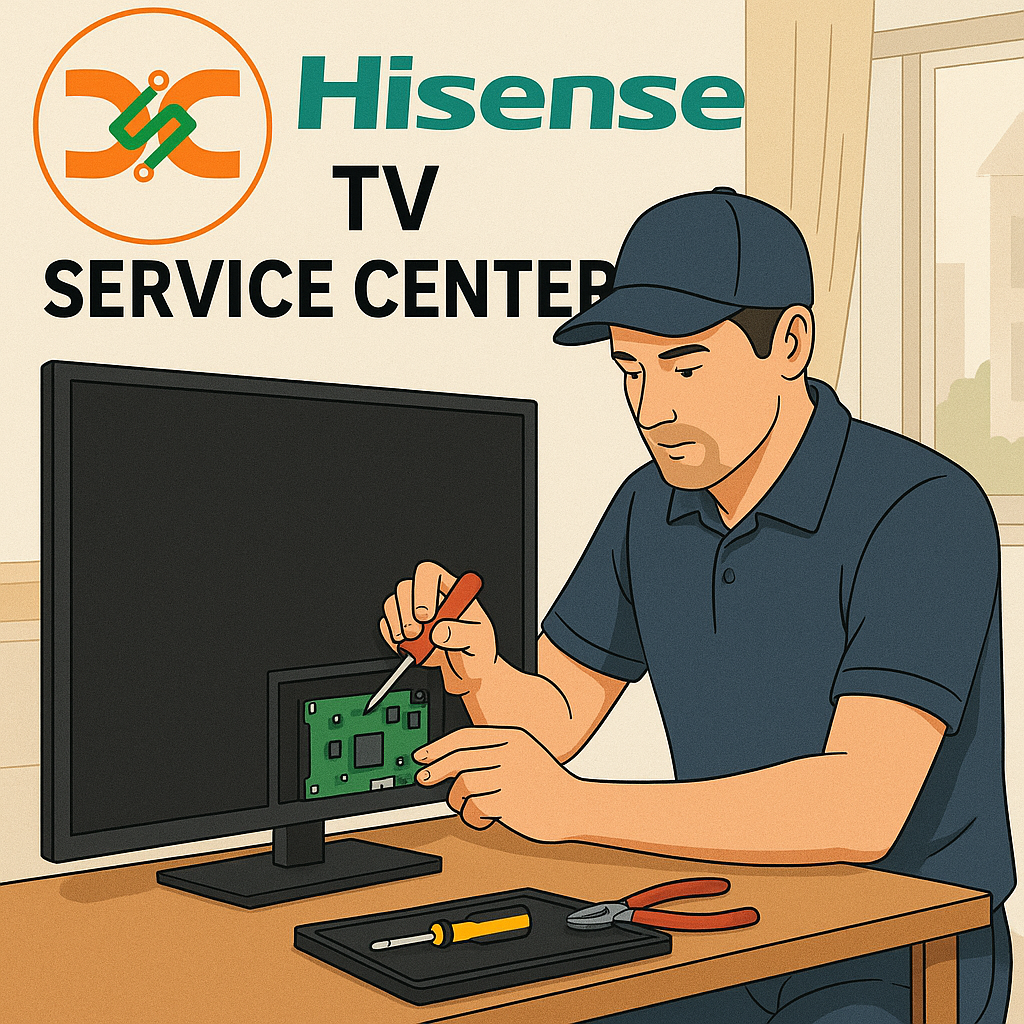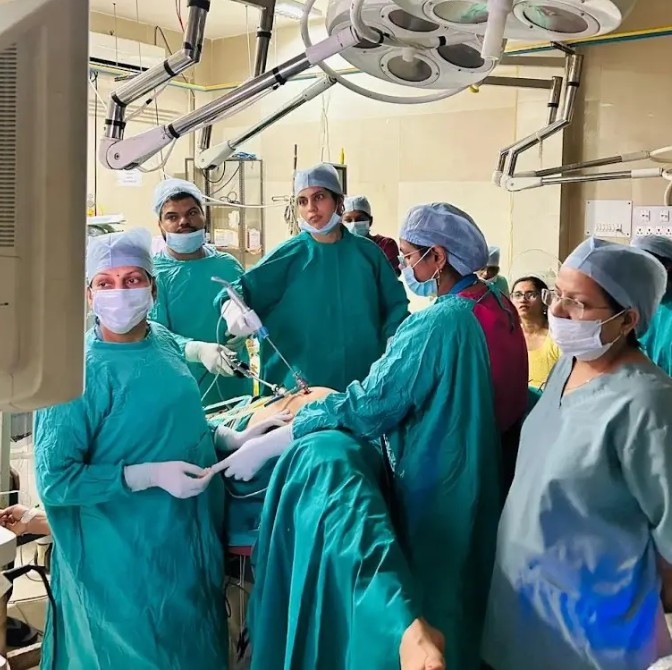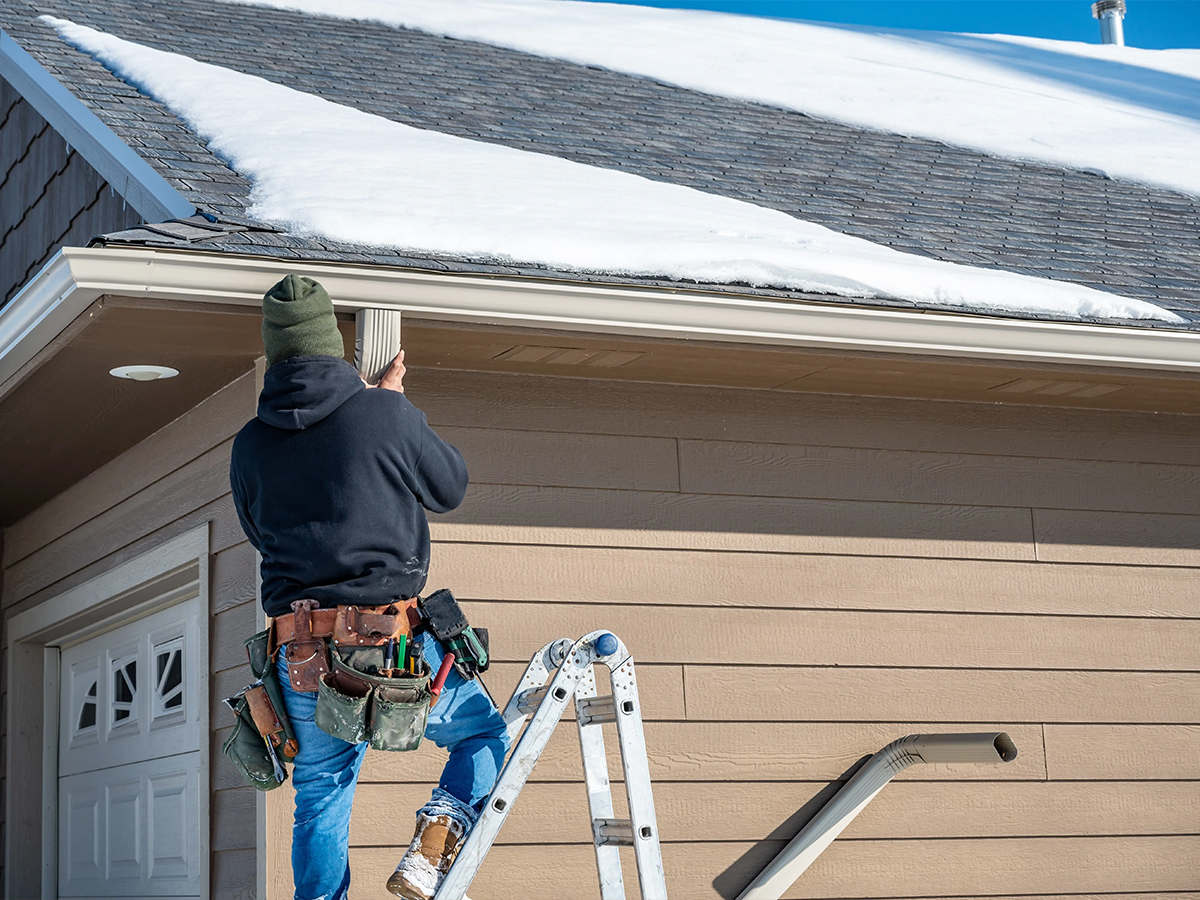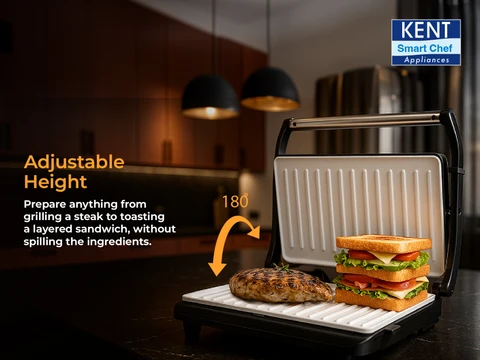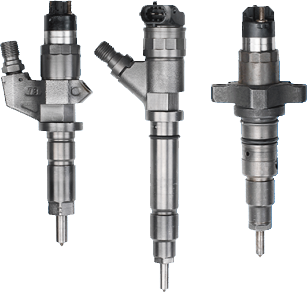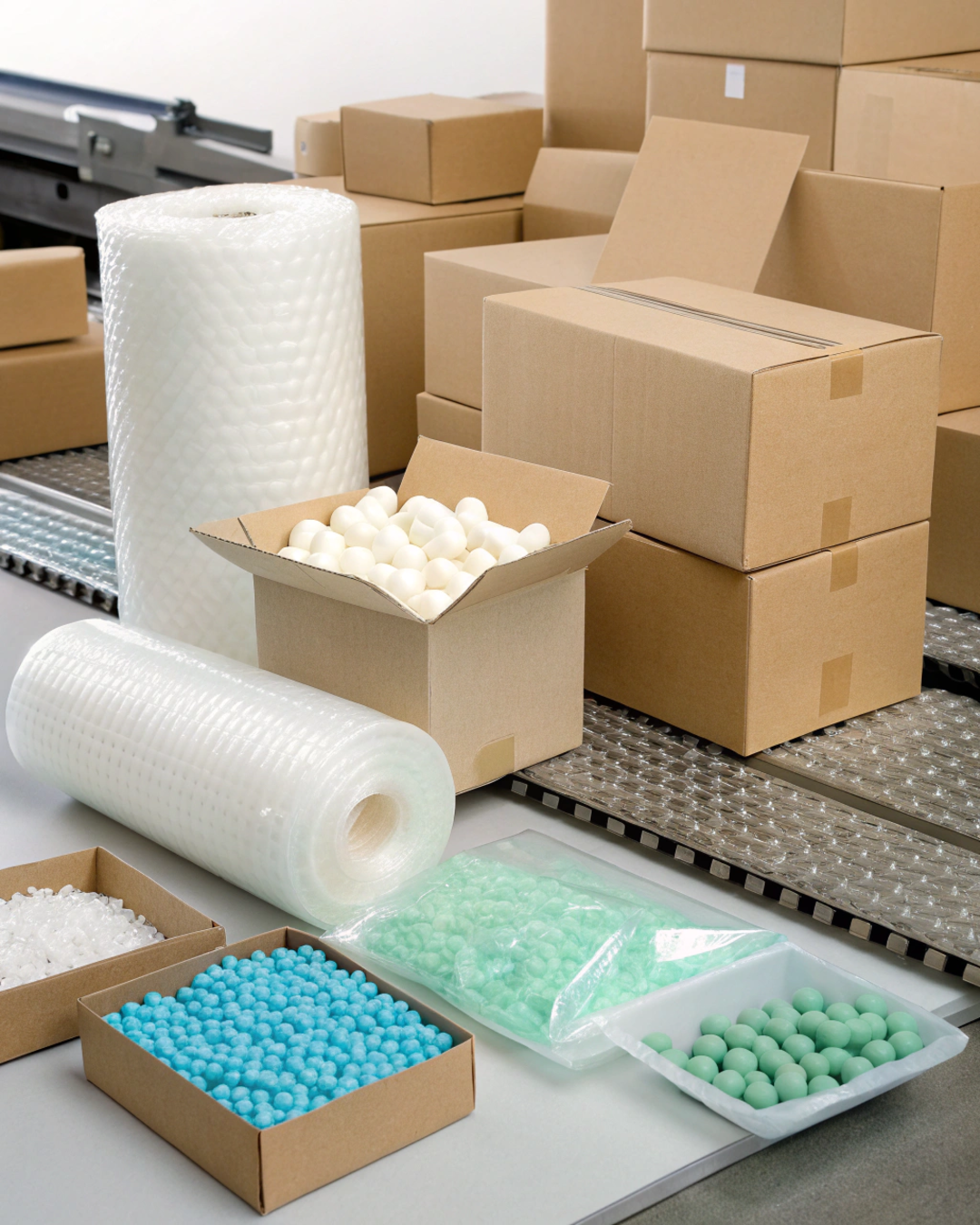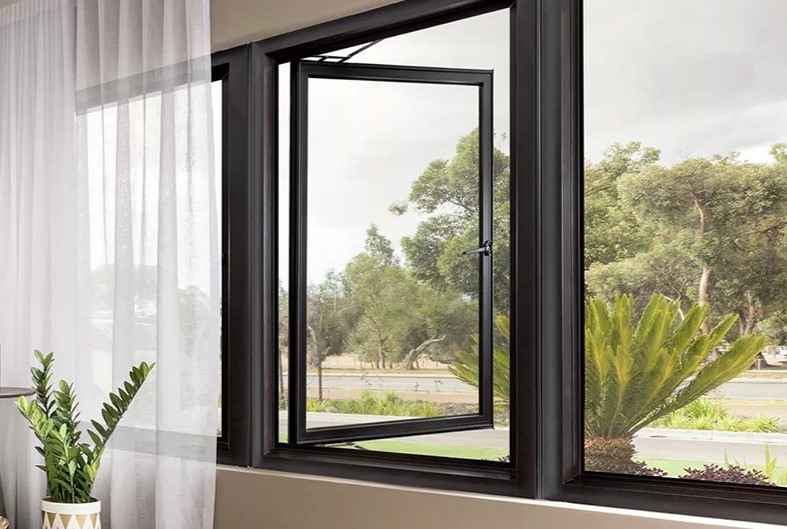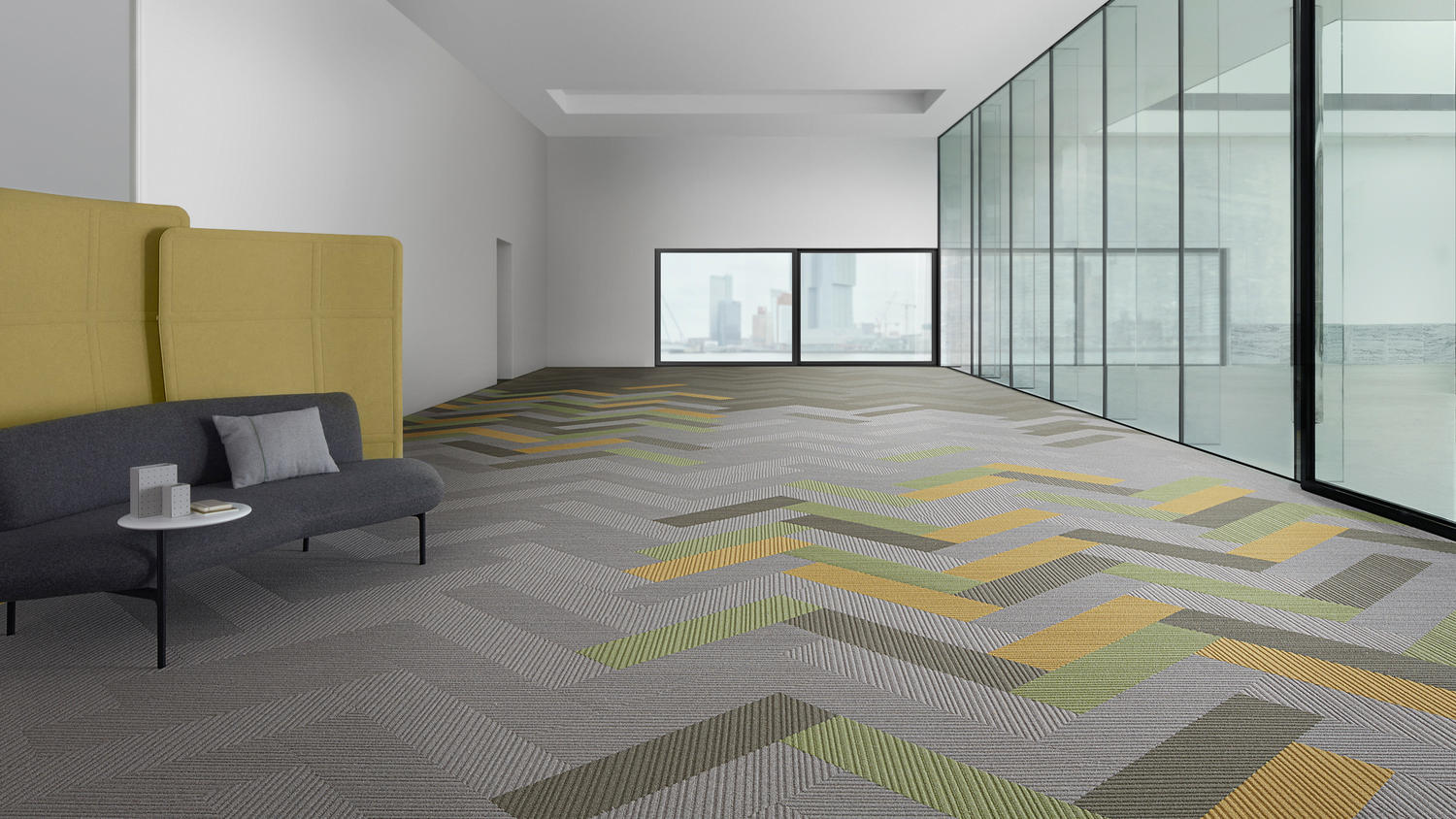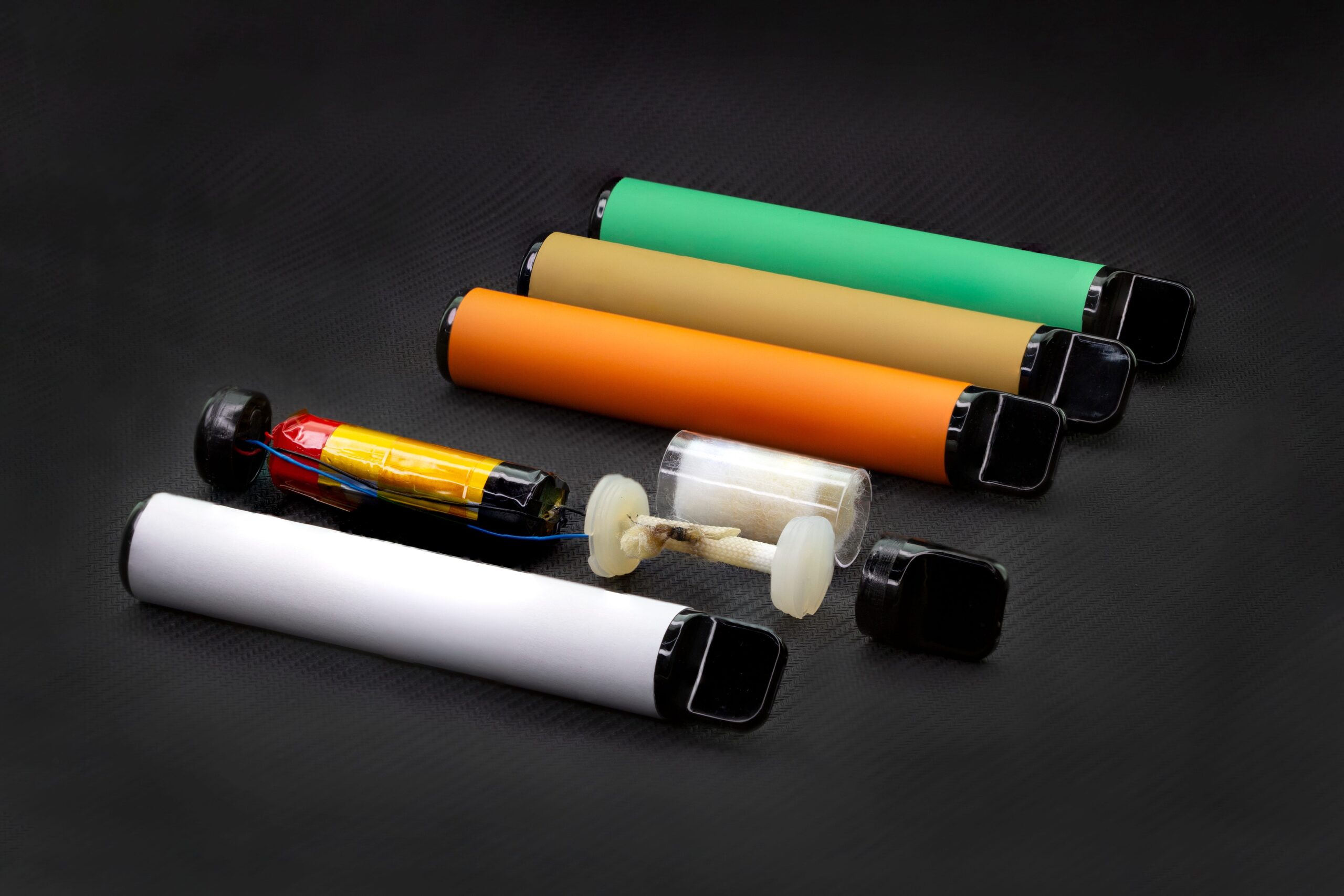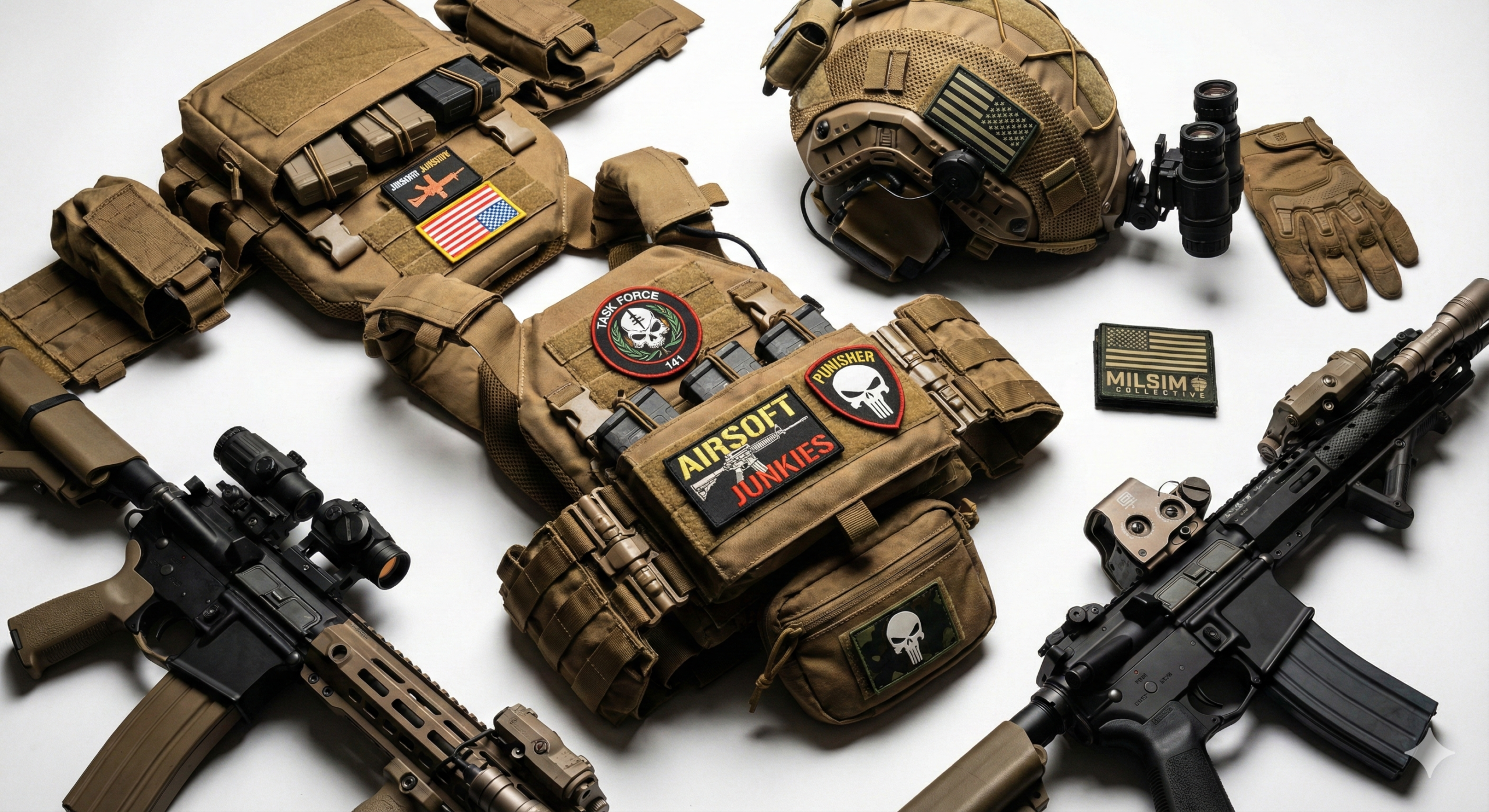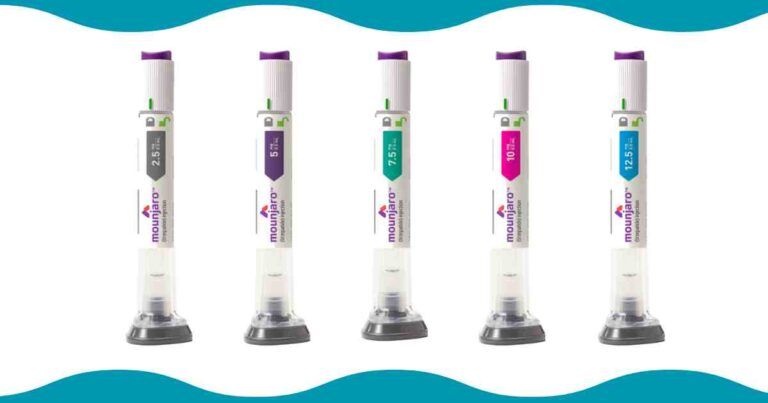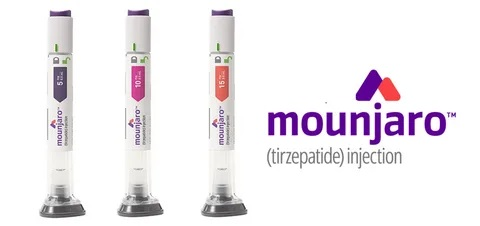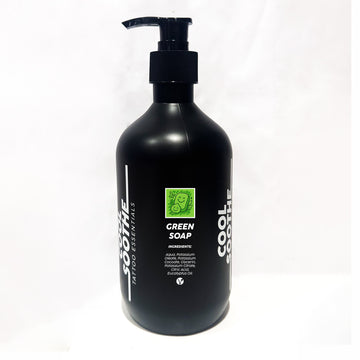Unlock Precision and Quality with CMM Inspection Services
In the world of modern manufacturing, precision is everything. Whether producing aerospace components, medical devices, automotive parts, or custom prototypes, even the smallest error can compromise safety, performance, or compliance. That’s why industries rely on CMM inspection—a proven method of ensuring accuracy and quality at every stage of production.
What Is CMM Inspection?
CMM stands for Coordinate Measuring Machine, a specialized tool that measures the geometry of physical objects by sensing discrete points on a part’s surface. The machine uses a probing system—either touch-based or non-contact—to capture accurate three-dimensional data. These measurements are compared against design specifications or CAD models to confirm that every part meets exact tolerances.
Through CMM inspection, manufacturers can analyze:
-
Linear dimensions such as length, width, and height
-
Surface profiles and contours
-
Angular relationships between features
-
Hole depths and recesses
-
Positional accuracy of critical components
This capability makes CMMs invaluable in industries where precision is non-negotiable.
Why CMM Inspection Matters
1. Micron-Level Accuracy
CMMs deliver measurement accuracy down to the micron level. For industries like aerospace and medical, where tolerances are extremely tight, this degree of precision ensures reliable and safe components.
2. Repeatable and Consistent Results
Unlike manual measuring tools, CMMs offer repeatable accuracy with minimal human error. Once programmed, they can run the same inspection routine consistently across batches, ensuring dependable results.
3. Faster Quality Control
Speed matters in production. Automated CMM inspection drastically reduces the time needed to verify complex geometries, accelerating overall workflow and helping manufacturers meet strict deadlines.
4. Detailed Reporting and Traceability
CMMs generate comprehensive inspection reports with precise measurements, charts, and deviation analyses. This data is essential for audits, certifications, and continuous improvement initiatives.
5. Cost Savings and Waste Reduction
By catching errors early, manufacturers avoid expensive rework or scrapped parts. The ability to detect issues before mass production saves both time and resources.
Applications of CMM Inspection
The versatility of CMM inspection makes it applicable across multiple stages of manufacturing:
-
First Article Inspection (FAI): Validates the first part off the line before mass production.
-
In-Process Inspection: Detects deviations during production, preventing further errors.
-
Final Inspection: Confirms that finished parts are ready for delivery and meet customer requirements.
-
Reverse Engineering: Creates CAD models from physical parts when design files are unavailable.
-
Tooling Inspection: Ensures jigs, molds, and fixtures are manufactured correctly to support high-volume production.
Industries That Depend on CMM Inspection
CMM technology supports a wide range of sectors where quality cannot be compromised:
-
Aerospace: Verifies flight-critical parts with strict tolerances.
-
Medical: Ensures implants and devices meet regulatory and safety requirements.
-
Automotive: Confirms the accuracy of engine parts, transmissions, and safety components.
-
Defense: Supports the production of high-reliability components for mission-critical applications.
-
Oil & Gas: Inspects components used in high-pressure and corrosive environments.
How CMM Inspection Enhances Manufacturing
-
Improved Product Quality – Every component is checked against its CAD model or drawing, ensuring parts are built exactly as designed.
-
Reduced Risk – Early detection of non-conformance prevents downstream issues.
-
Streamlined Workflow – Automated inspections integrate seamlessly into production cycles.
-
Customer Confidence – Delivering parts that consistently meet specifications strengthens trust and long-term business relationships.
Choosing the Right CMM Inspection Service
When selecting a provider, consider the following:
-
Experience: Look for proven expertise in handling diverse industries and part complexities.
-
Equipment Capability: Advanced CMMs can handle larger parts, intricate geometries, and different materials.
-
Certifications: ISO and other quality certifications demonstrate commitment to standards.
-
Comprehensive Reporting: Ensure they provide detailed and easy-to-read inspection reports.
-
Quick Turnaround: Fast, accurate inspection services help avoid production delays.
The Future of CMM Inspection
As technology advances, CMM inspection is becoming even more powerful with:
-
5-Axis CMMs for faster and more flexible measurement.
-
Non-contact optical probes that measure delicate or soft materials.
-
Integration with automation systems for real-time quality checks on the shop floor.
-
Cloud-based reporting that enables instant sharing of inspection data with teams worldwide.
These innovations ensure that CMM technology will remain a cornerstone of precision manufacturing.
Final Thoughts
Quality assurance is no longer optional—it’s a competitive necessity. With CMM inspection, manufacturers gain a reliable method to ensure accuracy, minimize waste, and meet the highest industry standards. From prototypes to full-scale production, this inspection process safeguards product performance, customer satisfaction, and long-term success.
If you’re looking to enhance your quality control strategy, adopting CMM inspection services is a step toward excellence in precision manufacturing. for more details visit on online tech learner


 English
English 



